Still Alive: A Micro Agency's 20 Year Journey - Part 2
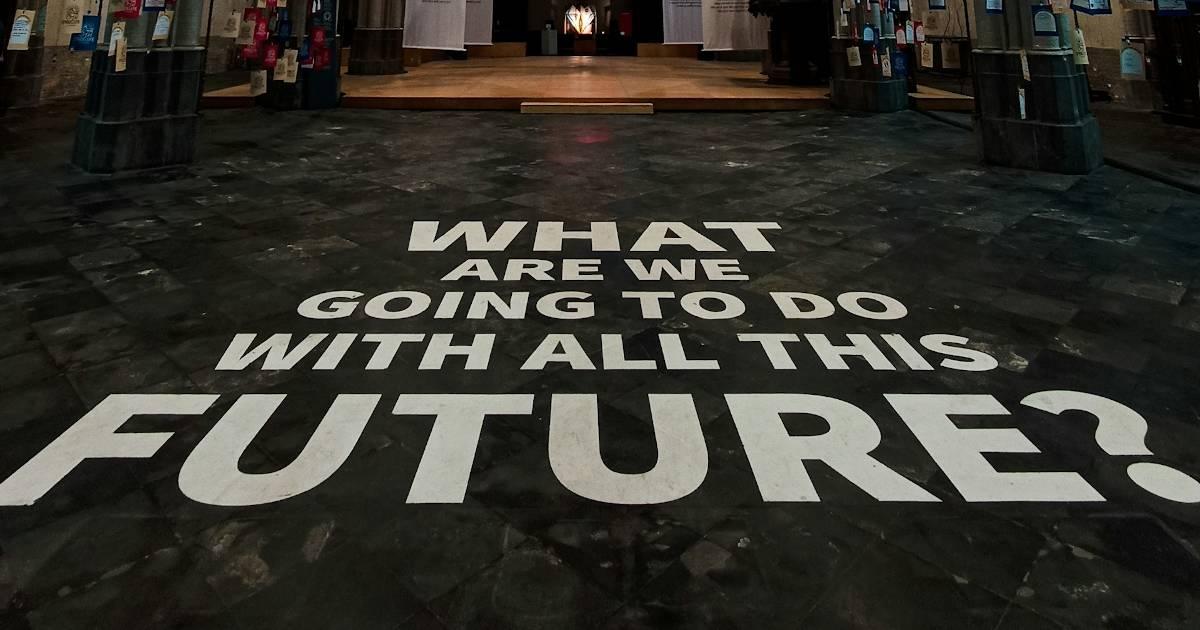
In Part 1 of Still Alive: A Micro Agency's 20 Year Journey, I reflected on Another Cup of Coffee's journey from a one-person freelancer operation running from a rented mailbox address, to setting up in a trendy unit Westbourne Studios. Here I recount the initial challenges we faced as an agency and how we survived by transforming the way we worked.
Finding a Balance: Growth and Resources
A few doors down sat what I wanted for our future. It was a large and successful media agency staffed with very confident ex-BBC people. They had loads of sales reps and account managers. I think it was among the first generation of the global web agencies we have today.
The founder was famous in our circles for saying that he didn't bother getting out of bed for less than £30,000. That amount is common for web projects now but saying this in the early 2000s was quite grandiose and flamboyant. Though we were charging a fraction of their rates, I imagined someday reaching their scale.
However, running a small web agency in London is challenging to say the least and scaling was the biggest problem. We were too small for large projects, but small projects wouldn't pay for growth. It was a classic trap.
Sell and Keep Selling?
Looking back, I think the key to growing an agency of any size is to just sell. Sell and keep selling even if you're not sure you can deliver. This is why the large agency had so many sales and account managers. Other agencies I've observed over the years seem to have grown in this way: they are sales-heavy and make lots of nice promises. But I've never been comfortable with making promises unless I'm sure of them so our growth remained stunted.
Meanwhile, our office space wasn't really free. It came with a heavy cost in the form of commitments that took my time away from building the business. The elephant in the room wasn't that big agency but our premature attempt at playing big.
It couldn't be ignored for very long as I struggled to bring in the right projects to ensure everyone was paid. It became clear that the traditional office setup wasn't sustainable and I had to make some difficult choices, quickly.
Transforming Into a Cloud-first Virtual Agency
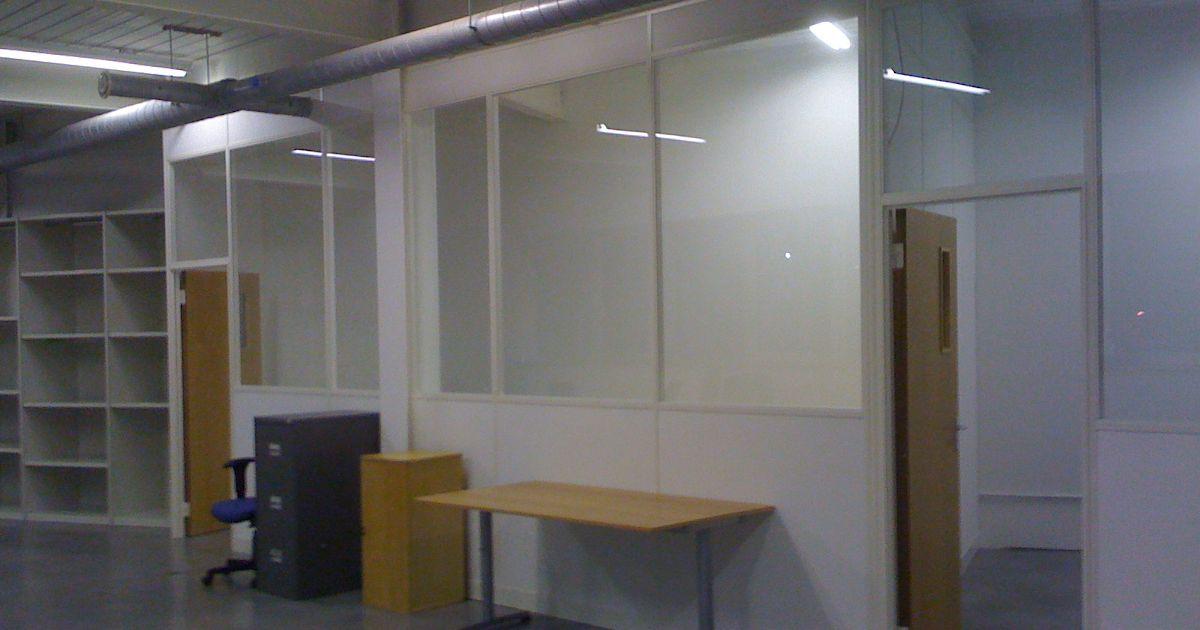
Survival often means letting go of how you imagine things should be. Our biggest advantage was that we were scrappy and nimble so I decided to use it. We didn't actually need a trendy office and everyone was more productive without the daily commute into West London.
Within a couple of weeks of making the decision, we transformed into a cloud-first operation. I also hired more freelancer friends from the Philippines to fill our skills gap. Suddenly, Another Cup of Coffee was a fully remote virtual agency, years before the concept became popular.
Digital Nomad and Prevailing
Being cloud-first and remote meant that I could do the digital nomad thing for a while too, working out of all sorts of unconventional places. This opened up the opportunity to pick up clients globally. Even now, the majority of our projects come from outside the UK.
Karl and Pafsanias moved on to other—almost certainly greener—pastures but by then we'd evolved into a collective of remote colleagues, forming teams as projects demanded. This lean and agile model allowed us to weather storms that have since sunk many of our contemporaries.
I can say with some sense of accomplishment that Another Cup of Coffee has outlasted all three of the ventures who shared our unit, and also that large agency I'd once admired. The key was our ability to try out different ways of working. The founders quite possibly sold the business and exited with large bonuses, but I'm after something different: an establishment that can be handed to another generation. (More about this will follow in another post.)
Moving Towards Specialisation
Our early advantages began to fade as remote work became mainstream and sites like Elance and oDesk gave even small businesses access to global talent. This rise in cross-border competition made it difficult to stand out by only offering general website services, and even our strong relationships with existing clients wouldn't guarantee the cash flow needed to keep the business afloat.
At the same time, Drupal's growing complexity turned maintenance into a huge drain on resources. Again it was time to adapt and the answer came from an unexpected direction.
I'd spotted a need for content migrations, specifically from Drupal to WordPress, and built up an expertise in data-heavy web projects. It was unglamorous and mundane engine-room work so few agencies were interested in training up their talent for such a niche skill.
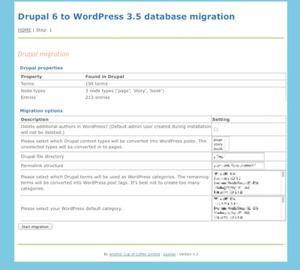
Leaning Into Your Nature
But it was necessary work that happened to fit my meticulous nature and long experience with databases. Further, businesses were beginning to realise the value of data and content while most of our colleagues were focused on dazzling user experiences. Data was our differentiator.
Another Cup of Coffee shifted to becoming a boutique data migration consultancy with myself as principal consultant supported by a few freelancers. Unexpectedly, I became a pioneer of Drupal to WordPress migration services and was recommended by WP Engine in a whitepaper guide.
This ultra-narrow specialisation gave Another Cup of Coffee a much-needed distinction for almost ten years. Run a web search now and you'll see many solutions and services for content migrations but we were one of the first.
Looking Forward
Since those early days, we've kept evolving alongside shifts in technology and ways of working. I can't claim that any of it was planned but I can say we've always been willing to change, just slightly ahead of our peers. Throughout this journey, I've learned that survival isn't about being the biggest or the most innovative. You survive by keeping customers happy and watching out for dust on the horizon, ready to move before a stampede arrives.
We once embraced virtual offices, the cloud-first paradigm and global remote working before they were common. Now we find ourselves very suddenly confronted by something new. I think it's obvious that AI will be disrupting our lives in ways that will be hard to avoid. It's again time to learn to adapt just as we always have.
This is the first in a series of posts about our journey and how we're adapting to Artificial Intelligence in our lives. I do hope you'll follow along with me as I share what I've learned.
'Still Alive' from the Portal game credits. I never played the game but I've always enjoyed the sound and lyrics.
You may also like
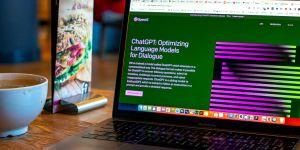
Still Alive: A Micro Agency's 20 Year Journey
This article will be the first in a series where I'll share how Artificial Intelligence has reshaped how we operate at Another Cup of Coffee.

Secure Your AI Workflow Using Local Tokenisation
Don't leak confidential client data when using cloud-based LLMs. Secure your AI workflow with local tokenisation using PaigeSafe.
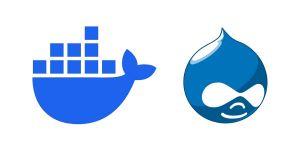
How To Set Up Drupal 7 Docker Containers for Migration Projects
Learn how Docker is a valuable tool for Drupal 7 end of life migrations. In this post, I'll give a step-by-step guide to setting up a Drupal 7 container for your migration project.
Footnotes
Featured image photo by Lil Mayer.
- Still Alive is by Jonathan Coulton. The official video with Sara Quin and Dorit Chrysler can be found here.